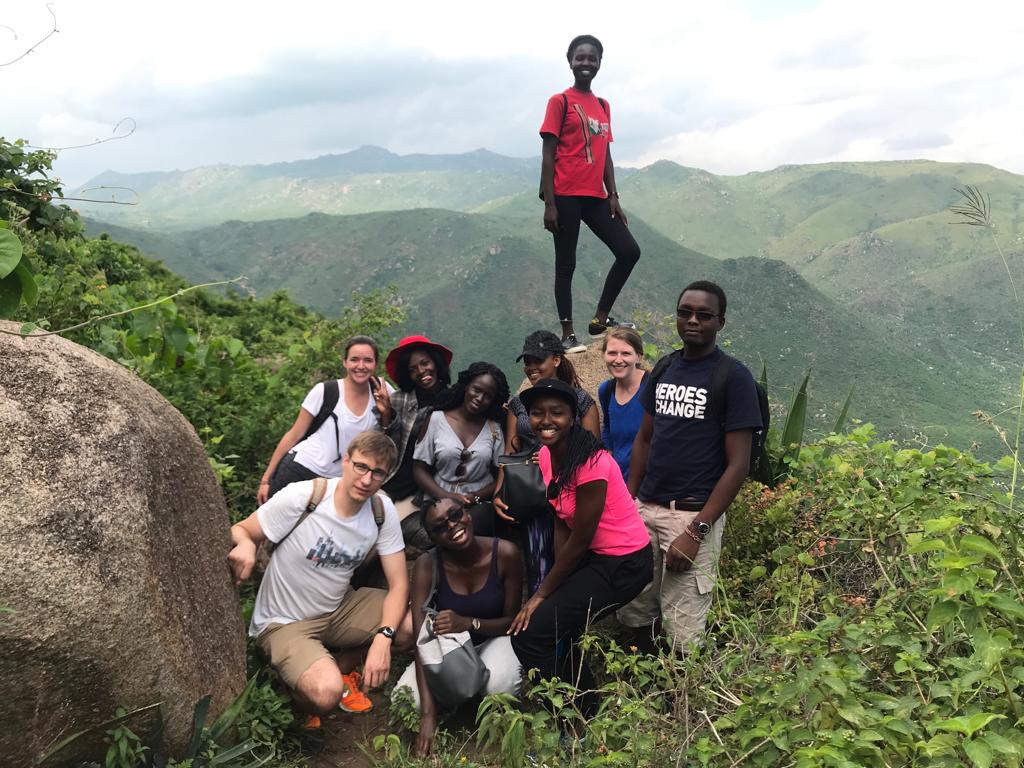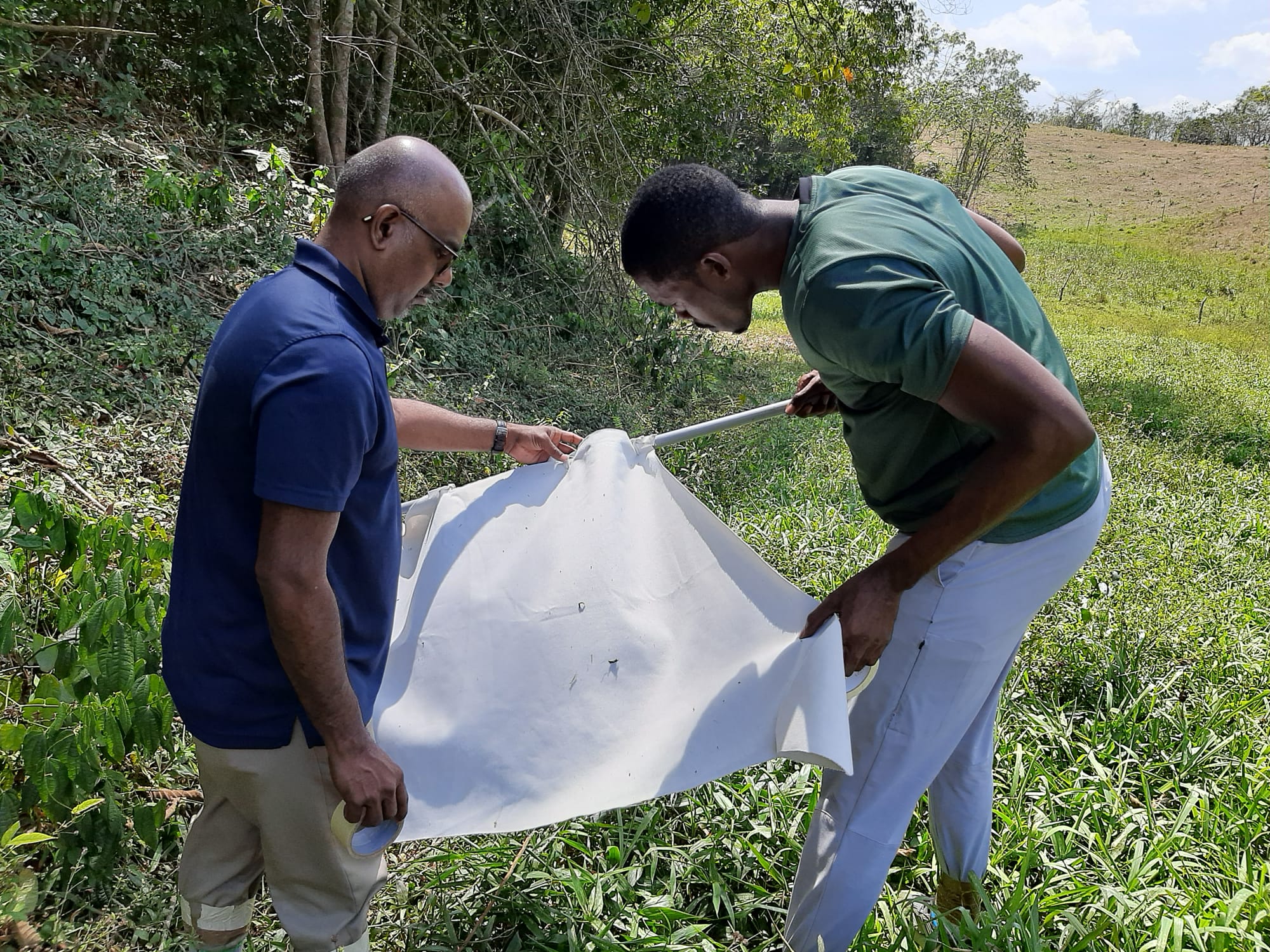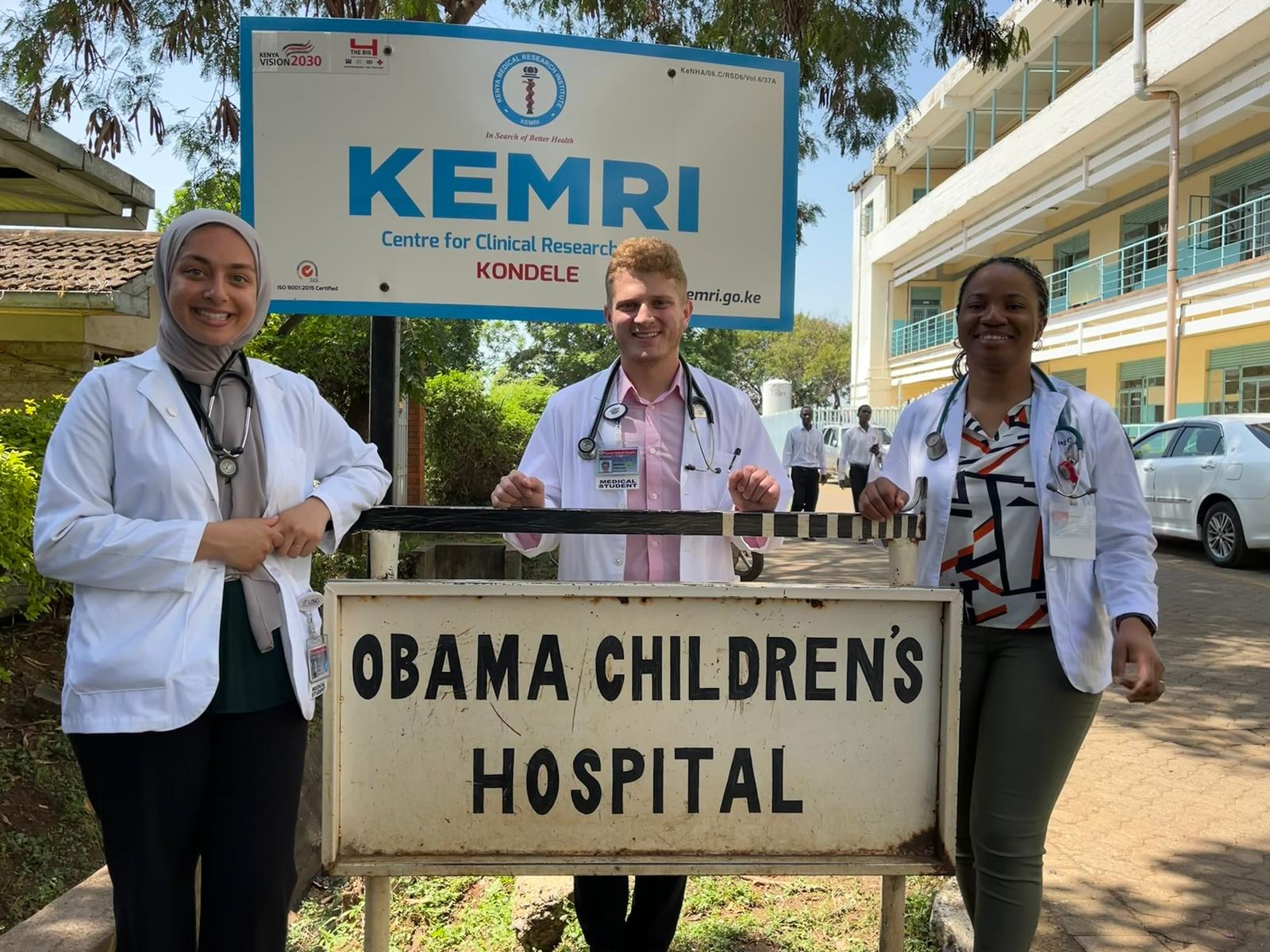International Research
- The Center for International Research promotes multi-disciplinary research opportunities and collaborations at international locations with international partners.
- The Center is always looking for new opportunities in new locales with new partners.



